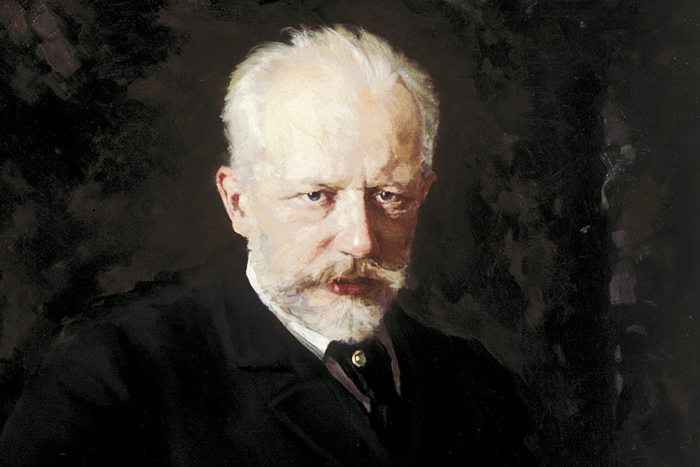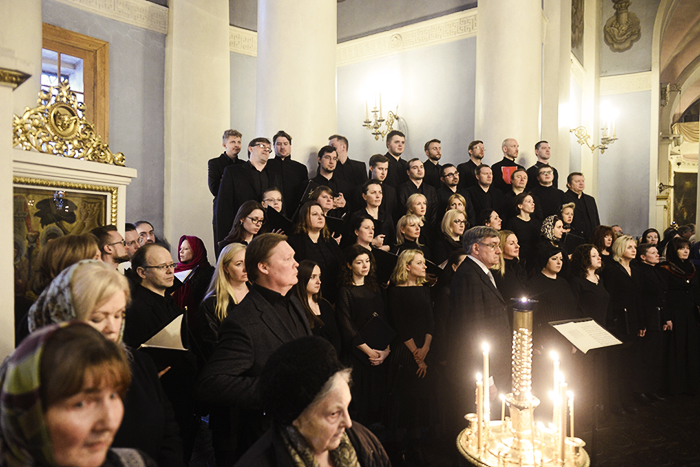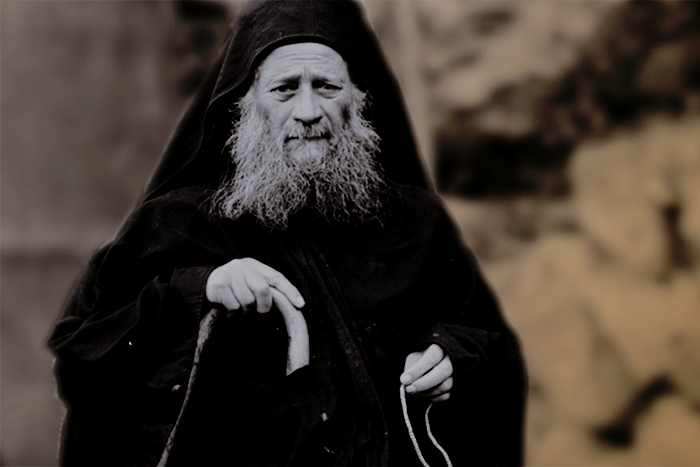
Every year, in the Church of Joy of All Who Sorrow on Bolshaya Ordynka, before and on the day of the namesake feast, the All-Night Vigil and the Divine Liturgy are celebrated to the music of Pyotr Ilyich Tchaikovsky.
No one can say exactly how music affects a person’s faith: it’s all very subjective. However, I remember a story that I read somewhere about a female musician who was very vocal in her opposition to the restitution of the building of a church that had been closed during the Soviet era and in which the city orchestra was housed. The building was returned to the Church, and everything calmed down, but after a while the woman turned to the priest and asked him to listen to her confession and to give her communion for the first time. She said that she owed her conversion to faith to Pyotr Ilyich Tchaikovsky, or rather, to the finale of his Sixth Symphony.
At one point, she noticed the colloquial tone of the composer’s musical phrases, and she was amazed to hear the following phrases behind the main melody of the finale of the symphony: “Have mercy on me. Have mercy on me. Have mercy, mercy, forgiveness and mercy…”
It is a well-known fact that Tchaikovsky was born into an Orthodox family, and that his heavenly patron was Apostle Peter. However, when his mother died, his attitude towards religion changes, he lapses, and speaks ironically about all matters related to faith and church life. Everything changes after his failed marriage, and Pyotr Ilyich returns to seeking God. In his letters to his friend N. F. von Meck, he expresses his religious convictions of that time, which are contradictory, as is usually the case with those people who are looking for their lost inner support, who respect the believers and love the Church, but do not regard themselves as Christians.
His return to the faith and thoughts about God affects the work of Tchaikovsky, and he writes his first spiritual piece, The Divine Liturgy of St. John Chrysostom, followed by All-Night Vigil. His unbelief was soon shattered by the death of his close friend N. Rubinstein, and Pyotr Ilyich writes in his letter to von Meck:
“I often pray to Him with tears (where is He, who is He? – I don’t know, but I know that He exists) and ask Him to give me humility and love, I ask Him to forgive me and instruct me, and most importantly, I sweetly say to Him, “Lord, may Your will be done”, for I know that His will is holy. […] I want to love God always, both when He sends me happiness and when the trials come. For there must be a kingdom of eternal happiness somewhere, to which we aspire in vain on earth. There will come an hour when all the questions that are beyond our grasp will be resolved and when we will understand why God finds it necessary to send us trials. I want to believe that there is a future life.”

Tchaikovsky approaches the last stage of his creative activity in a very different mood: his need for repentance and atonement of sin is growing. This may have caused the composer’s rapid spiritual growth in the 1880s and 1890s.
For Tchaikovsky, the period from 1885 until the end of his life is associated with particularly frequent visits to church. He usually marks Saturdays and Sundays in his diaries next to the dates and also writes that he attended the All-Night Vigil and went to the Divine Liturgy.
It is well-known that in the last years of his life Tchaikovsky begins his scores with “Lord bless me” and ends them with gratitude to God: “Lord, thank you! Today, on March 24, I finished the drafts completely! (referring to the drafts of the Sixth Symphony); “Thank God. I finished my opera, having started it on January 19/31 at 6:30 a.m. March 3/15” (drafts of the opera “Queen of Spades”); “Glory and gratitude to God!” (drafts of the ballet “Sleeping Beauty”), etc. There is also a record in his diary: “After a prayer, I started the instrumentation”.
Finally, on the verge of his own death, Tchaikovsky creates his Sixth Symphony, in which he reflects on tragic questions and doubts, hopes and insights, happy moments, losses, distress and sad reconciliation of his entire life.
The composer died nine days after the premiere of the symphony, on the 6th of November, the feast day of the Joy of All Who Sorrow icon.




This s a very weak article about Tchaikovsky’s life of so called faith. He was a great composer but a man of faith, I am not too sure. There is no mention in his diaries or notes of his repentance or regrets for being a homosexual. Nor did he ever visit a n Orthodox priest and confessed his sins to God. It was rumored he even molested the czar’s nephew, which caused a scandal. The czar ask Tchaikovsky to commit suicide and save his name from the scandal. He either did commit suicide or had cholera. No one seems to know the truth. So, is he really a man of faith or just a tortured man of mixed emotions? What do you think?
God bless you, go with God.
Victor
Dear Victor,
Let us hope that the composer nevertheless repented, since evidence of the opposite is not obtained. In fact, there are many studies that debunk rumors of his suicide. The last days are described very precisely, and it was proved that it was cholera.